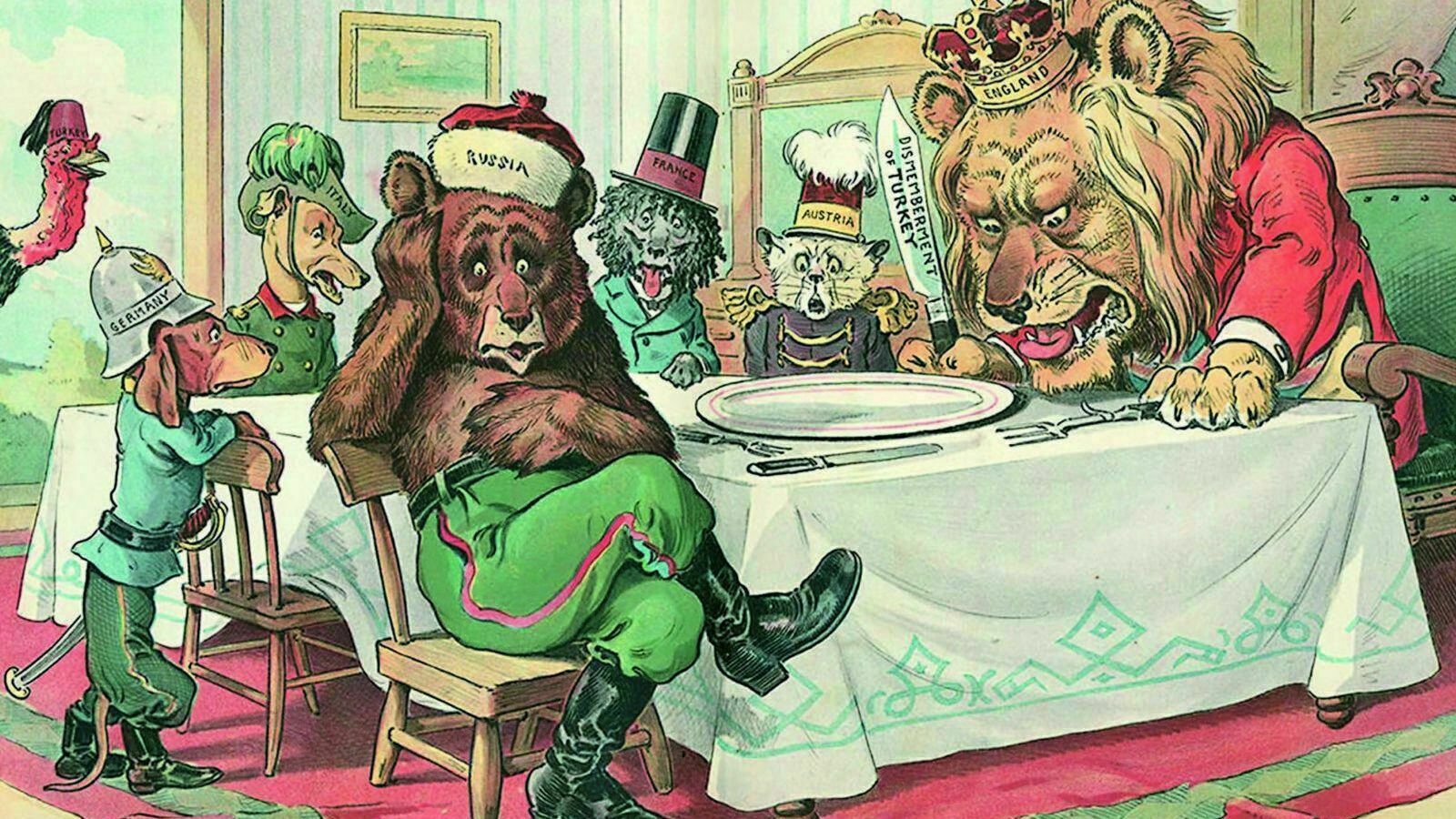Posted 22 марта 2023, 09:42
Published 22 марта 2023, 09:42
Modified 22 марта 2023, 11:06
Updated 22 марта 2023, 11:06

Question of the day: how many times in the history an Englishwoman made mischief for Russia?
The expression "an Englishwoman makes mischief", which has been known for several centuries, fits the current international situation perfectly. Russia and England once again found themselves on opposite sides of the front, and therefore the old mythologeme, meaning supposedly natural British Russophobia, began to play with new colors. And no one remembers that London for almost three decades was actually a branch of the Russian capital, where domestic oligarchs and just rich Russians preferred to live and have fun. Myths are so strong that they do not lend themselves to logical justification. Despite this, the famous journalist Pavel Pryanikov made another attempt to dispel the legend of eternal British sabotage:
"It occurred to me that the Russian authorities rebelled against the Anglo-Saxon world twice, and both times it ended badly. For the first time, Tsar Paul I was killed in the course of an English conspiracy (Russia then wanted to join France against England). The second time it also ended with the death of Tsar Nicholas I during the Crimean War (the tsar either died of pneumonia, or committed suicide, or was poisoned).
And the rest of the time, Russia was a loyal ally of the Anglo-Saxon world. No matter what the propaganda screams about "the Anglo-Saxons always wanted to destroy Russia!", but the facts are a stubborn thing. Russia was an ally of England in the war against Napoleon, an ally of England and the United States in the First and Second World War.
Russia has always come to the aid of the Anglo-Saxon hegemons when a sub-hegemon appeared, claiming to throw off the former world master (France, twice Germany, Japan).
It is difficult to find a more loyal ally and partner of the Anglo-Saxons than Russia. It's just a historical fact..."
Of course, many commentators disagreed with the author. So, analyst Peter Favorov writes: "Exactly. And if they had drawn Russia into NATO in 1992, it would have put millions in the war with China by 2030 for the right of the US Navy to control the South China Sea. In this sense, of course, Ukraine is the true successor of our common Russian statehood. All these are rather situational decisions. Only the Crimean War was serious. This does not negate the truth of the story that "the Anglo-Saxons have always wanted to destroy Russia," because the public consensus there has almost always been reduced to this..."
Analyst Igor Zaslavsky explains why Russia still cooperated with England: "There are economic reasons for this fact. The rent-oriented, raw-material economy of the empire demanded economic relations with the "factory of Europe" Pavel was killed by Russian nobles who did not want to lose export earnings. Papa's fate forced Alexander the Blessed to renounce the agreement with Napoleon on the continental blockade and declare war on France..."
Blogger Andrey Malosolov categorically disagrees with the author: "Absolute nonsense! Absolute! What is the proof of the expulsion of the British embassy from Moscow by Ivan the Terrible, and the difficulties with England at Peter the Great, and the Big Game, and the financing of the Caucasian underground by England during the Russo-Caucasian War, and the alleged Russian campaign in India, and endless clashes with the "allies" of Ushakov, Suvorov during the European campaigns. England forced us to be her allies, both in the First and Second World War, despite the fact that it was much more profitable for Russia to act together with the Germans against England..."
And Alexey Abramov describes how the next Russian-Anglo-Saxon confrontation will end: "Now there is an attempt to recreate a new Golden Horde in the Eurasian space under the leadership of China. Satellites - Russia, Iran, North Korea. It will be difficult for Mongolia and Kazakhstan to remain pro-Western in such an environment. Along the perimeter there will be a new "Berlin wall" in places of hot collision with the West and a new "Iron curtain" in the rest. And inside there is an electronic concentration camp with social ratings..."
Be that as it may, but it should be noted that historical alliances and disagreements are always situational, and the one who was your rival half a century ago (as, for example, China for the USSR) becomes your "friend", and vice versa. It's just that during the next historical turn, it's always convenient for propaganda to resort to old cliches that have nothing to do with reality.